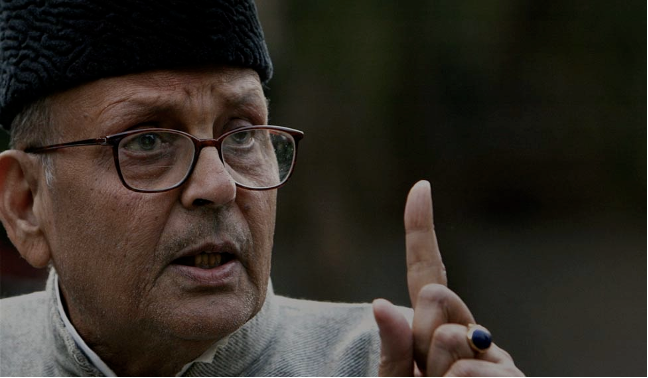
The 1985 budget presented by then finance minister V. P. Singh is often hailed as a significant milestone in India’s economic history. It signified the initial steps toward more comprehensive economic reforms in 1991.
Singh’s budget ushered in an era of industrial delicensing, which provided much-needed relief to the private sector. A reduction in the ambit of the Monopolies and Restrictive Trade Practices Act and an increase in the maximum allowable investment were transformative moves, making it easier for industries to grow and compete.
Singh also outlined significant tax reforms, including a reduction of income tax, corporate wealth tax, and import duties. These measures were aimed at encouraging investment and consumption, thereby invigorating the economy. His budget also sought to lessen reliance on public institutions for financing investments. To facilitate this, he proposed amendments to the Securities Contracts (Regulation) Act and increased the interest limits on convertible debentures, making the capital market more attractive for corporate entities.
Moreover, in a notable attempt to address the perennial issue of political funding, Singh proposed legislation that would permit corporate entities to fund political parties. This move was seen as a step toward bringing transparency into the often murky waters of political financing.

